Indian startups raise $10B in a quarter; Blockchains explained
Also in this letter:
■ Explained: Blockchains and their disruptive power
■ Facebook plans to hire 10,000 to help build ‘metaverse’
■ Elon Musk dials into Volkswagen conference
Do you like surprises? Silly question—of course you do. There’s one waiting for you at the end of this newsletter.
Fintech leads the way as Indian startups raise $10 billion in a quarter
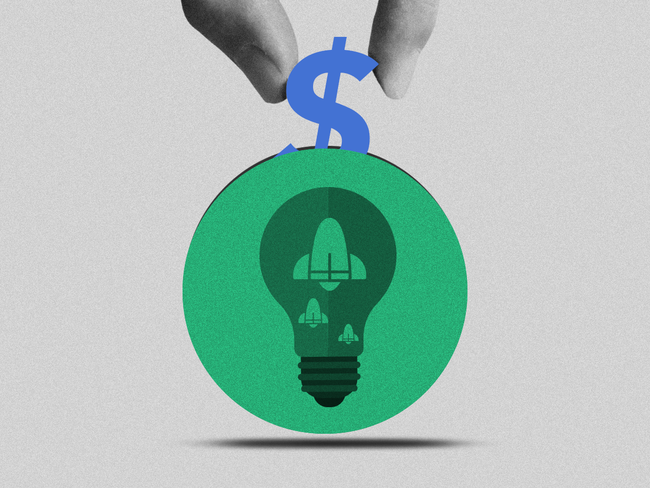
Indian startups have raised more than $10 billion in a quarter for the first time as investors remain bullish on the prospects of India’s internet economy amid the pandemic.
Driving the news: New-age companies raised a total of $10.9 billion across 347 deals between July and September, according to a PwC India report released today, titled ‘Startup Perspectives – Q3 CY21’.
That’s twice the amount they raised in the same three months in 2020, and 41% more than in April-June.
Three sectors—fintech, edtech and software-as-a-service (SaaS)—accounted for nearly half the funds raised in the three-month period.
Other key takeaways
1. Fintech all the way: At $4.6 billion, India’s financial technology industry clocked a near fourfold increase in fundraising in the first nine months of 2021 compared to the year-ago period. Fifty-three deals were recorded in the third quarter alone. Companies operating in fintech offshoots—insurtech, wealthtech, neobanking, etc.—garnered investor interest.
According to ETtech, six fintech unicorns have been minted so far this year — Digit Insurance, Five Star Finance, Cred, Groww, Zeta and BharatPe.
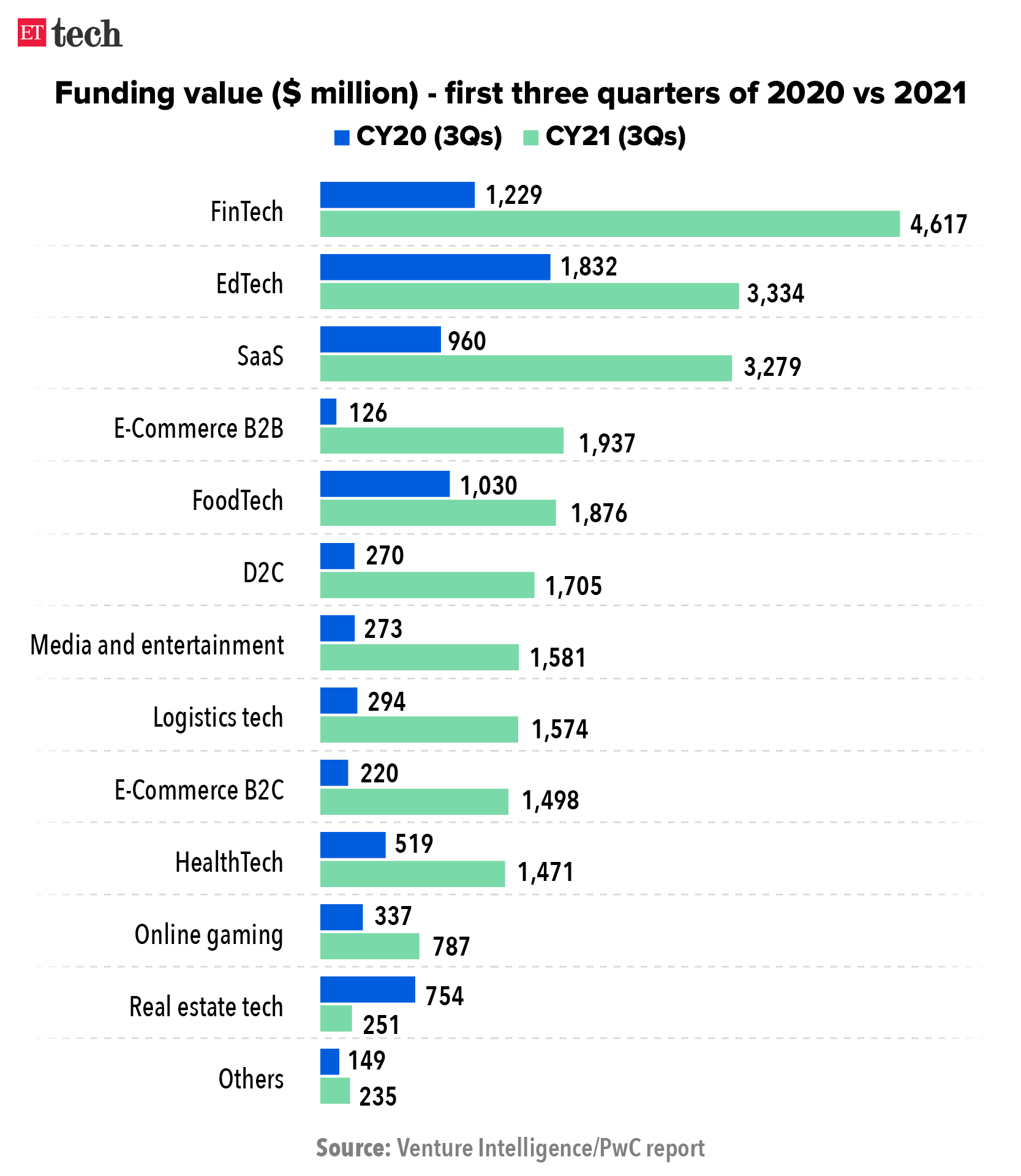
2. Stages of funding: In terms of value, about 89% of the funding activity so far this year was driven by growth- and late-stage companies, which represent 39% of total deal activity in volume terms. Pre-IPO fundraising stands at nearly $880 million so far.

3. Biggest startup cities: Bengaluru and Delhi NCR (National Capital Region) accounted for 76–78% of the total funding activity in the first three quarters of both 2020 and 2021, followed by Mumbai and Pune.
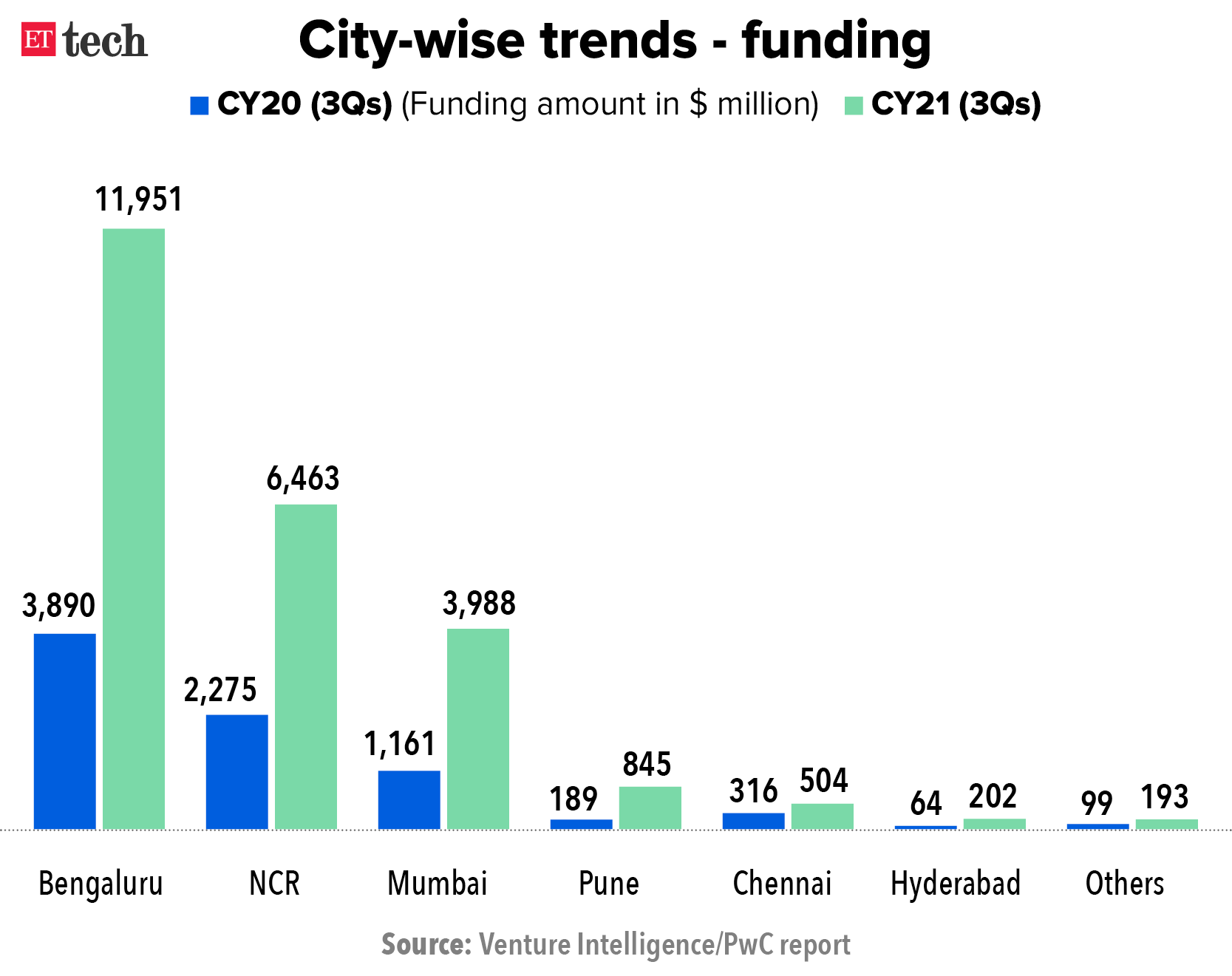
Explained: Blockchains and their disruptive power

Imagine a world where you can send money to anyone without the need for a bank. A world where there are no bank fees, where you have complete control over your assets, and no government can manipulate the value of your hard-earned money. Sounds like a dream, right?
But this world is not imaginary. It is being created bit by bit as you read this, on the back of blockchain technology.
What is a blockchain? A blockchain is simply a shared ledger or database, that can be accessed, filtered, and manipulated quickly and easily by any number of users at once.
It stores information in groups called blocks, which have a certain storage capacity. When full, they are linked, or “chained”, to the previous block. Any subsequent information is put into a freshly created block and the chain continues to grow.
In a blockchain, each participant computer, or “node” has a full record of the data that has been stored on it since inception. The Bitcoin blockchain, for example, has a record of every bitcoin transaction ever made.
Blockchains can record information in a way that makes it close to impossible to change, hack, or cheat the system. That’s because the record is distributed, not copied or transferred, creating an immutable record of an asset. It is also decentralised, allowing full real-time access and transparency.
While cryptocurrencies are currently its most popular use case, blockchain technology can also be used to track any kind of asset—from houses to land and even patents.
This gives it the potential to disrupt almost every sector.
For example, the Election Commission of India is working with IIT-Madras on using blockchain technology for remote voting. And Plymouth University explained in a paper how blockchain could be used to make the elections more transparent..
Read the full explainer here.
Facebook plans to hire 10,000 in EU to build ‘metaverse’

Facebook plans to hire 10,000 in the European Union over the next five years to help build the so-called metaverse, the social media giant said today.
What is the metaverse? Metaverse, a term first coined in science fiction, is a combination of the prefix “meta”, meaning beyond, and “universe”. It refers to shared virtual worlds where land, buildings, avatars and even names can be bought and sold, often using cryptocurrency.
Betting big: This is a significant step in Facebook’s plans to help build the metaverse, in which companies like Roblox Corp and Fortnite maker Epic Games have an early foothold. In September, CEO Mark Zuckerberg said Facebook was committing $50 million to the project.
- The company earlier launched a test of a new virtual-reality remote work app where users of the company’s Oculus Quest 2 headsets can hold meetings as avatar versions of themselves.
- Facebook also said in July it was creating a product team to work on the metaverse which would be part of Facebook Reality Labs, its augmented reality and virtual reality group.
A footballverse? Meanwhile, Cristiano Ronaldo and son of secretive Singaporean investor Peter Lim have announced their new business called ZujuGP.
The startup aims to drive communication and commerce in the worldwide community of four billion fans, allowing them to watch live games virtually, buy merchandise, engage with players and bet. ZujuGamePlay will be an immersive platform for fans to watch games together and collaborate “in a fully-functioning economy that spans the real and digital worlds.”
ZujuGP Exchange will offer a hiring platform where talents, professionals and hiring clubs can do business. The company says it will power it with artificial intelligence and secure it with blockchain technology.
Use case: ZujuGP users will be able to use cash to purchase credits on the platform, which would then be used to interact in the context of a live football game. Credits would also be used to buy exclusive merchandise or to bid for a private audience with pundits or other football personalities on the platform.
Related coverage
■ What is the metaverse and why is everyone talking about it?
■ Metaverse riding on NFT boom, says owner of $69 million digital artwork
Tesla’s Elon Musk dials into Volkswagen executive conference
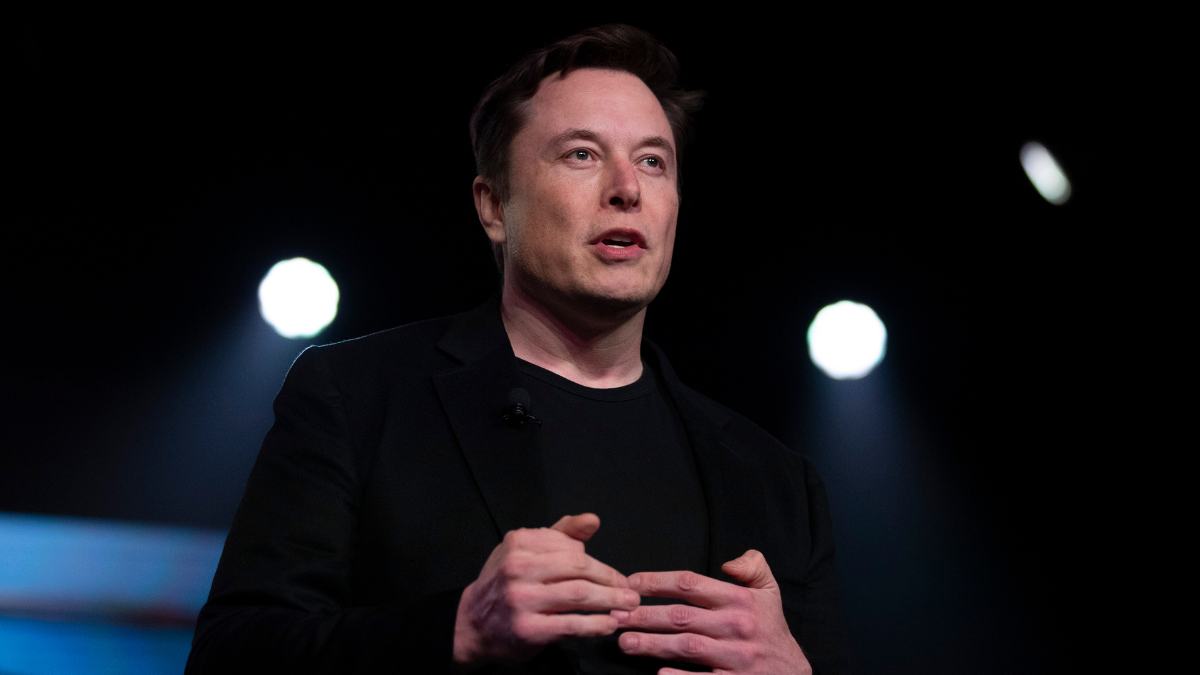
Tesla CEO Elon Musk addressed 200 Volkswagen executives via a video call after an invitation from the German carmaker’s CEO Herbert Diess, who wants to galvanise VW’s top brass for a faster pivot to electric vehicles.
When asked by Diess why Tesla was more nimble than its rivals, Musk said it came down to his management style and that he is an engineer, first of all, and has an eye for supply chains, logistics and production.
In a post on Linkedin, Diess added that he had brought in Musk as a “surprise guest” to drive home the point that VW needs faster decisions and less bureaucracy for what he called the biggest transformation in VW’s history.
Quote: “Happy to hear that even our strongest competitor thinks that we will succeed (in) the transition if we drive the transformation with full power,” Diess said.
As an example of Tesla’s prowess, Diess said it took the rival only two to three weeks to rewrite software to allow for a switch from one type of microchip, which went out of stock, to another.
Challenge at home: Diess warned last month that the planned opening of Tesla’s car factory at Gruenheide near Berlin, the company’s first in Europe, will force local industry to step up its game against the fast-growing US electric vehicle maker.
VW, in turn, plans to build six large battery factories in Europe by 2030 as part of an all-in bet on electric mobility.
Tweet of the day
IPO-bound Paytm earmarks Rs 100 crore for marketing during festive season
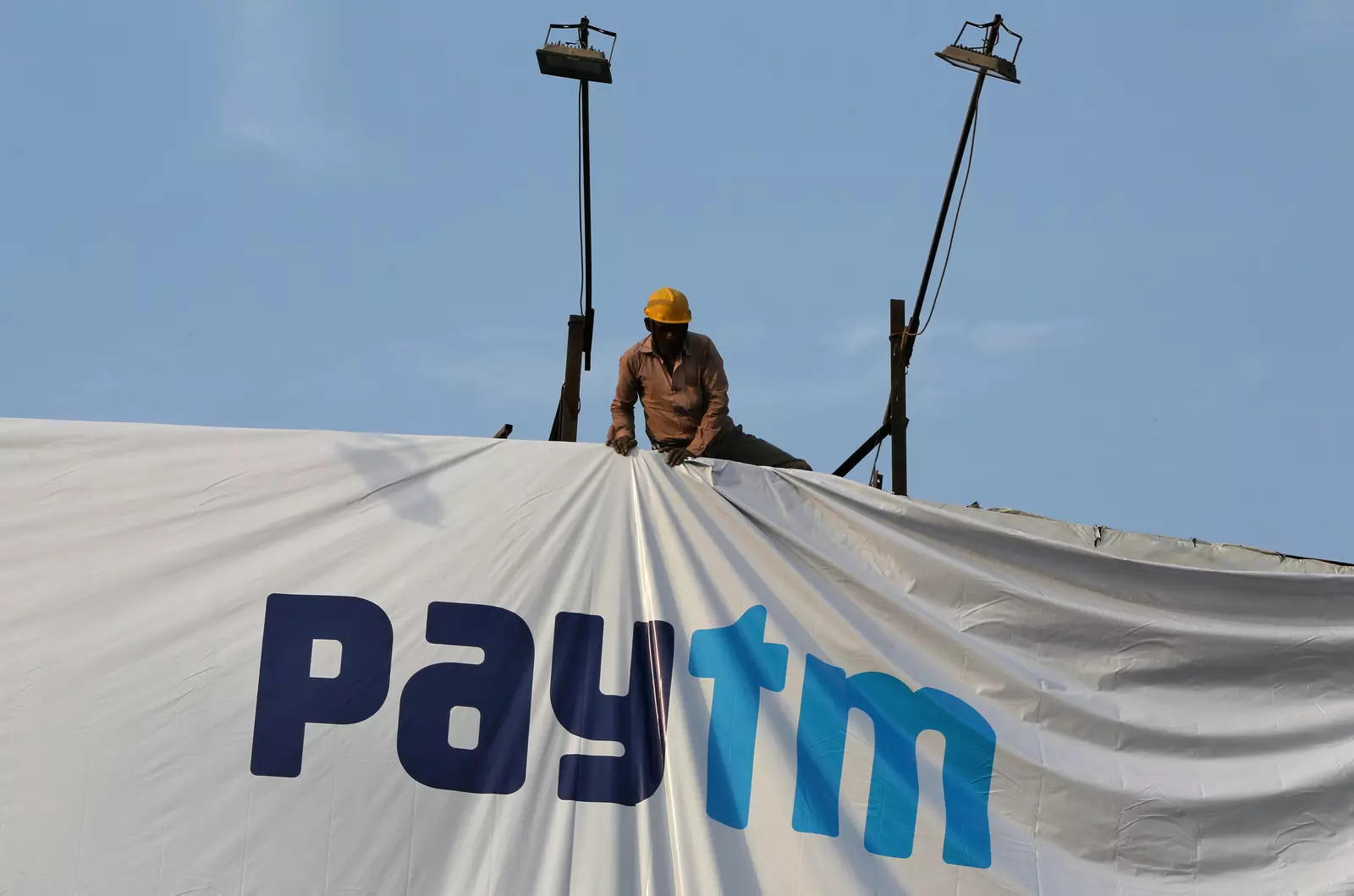
Paytm has set aside Rs 100 crore for marketing campaigns — including cashbacks and “buy now, pay later” schemes — during the festive season, as India’s biggest fintech startup looks to bolster its business ahead of an initial public offering (IPO).
The company has started ‘Paytm Cashback Dhamaka’ as part of the marketing campaign for users in all districts of India and with special focus on the states of Gujarat, Maharashtra, Andhra Pradesh, Telangana and Karnataka.
- “The campaigns will be aligned to promote digital payments in India and educate users on Paytm UPI for money transfers, Paytm Wallet and Paytm Postpaid for spends, to drive financial inclusion across the country,” the company said in a statement.
The campaign will continue till November 14.
- “During the peak festive season, everyday 10 lucky winners will win Rs 1 lakh each, 10,000 winners will get Rs 100 cashback, while another 10,000 users will win Rs 50 cashback. Closer to Diwali (November 1-3) users can win up to Rs 10 lakh daily,” the statement added.
The cashback will be provided on using Paytm for their mobile, broadband DTH recharges, utility bill payments, money transfer, booking travel tickets, paying credit card bills, booking movie tickets, FASTag payments, transactions at online and offline kirana stores, etc.
Today’s ETtech Top 5 newsletter was curated by Arun Padmanabhan in New Delhi and Zaheer Merchant in Mumbai. Graphics and illustrations by Rahul Awasthi.
For all the latest Technology News Click Here

